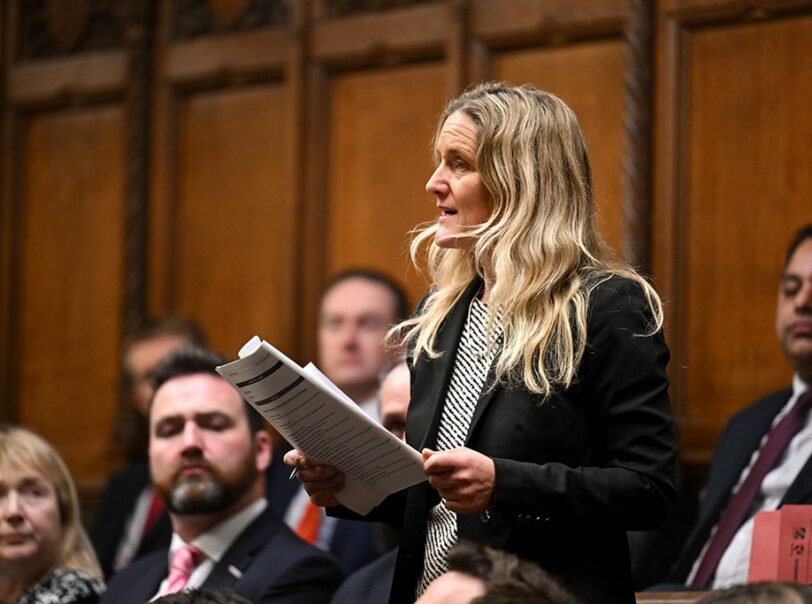Lamenting the legalisation of assisted suicide

It is with profound sorrow that we note the House of Commons’ decision to back the Terminally Ill Adults (End of Life) Bill, legalising assisted dying by a vote of 314 to 291. This legislation, which permits terminally ill adults in England and Wales with fewer than six months to live to seek an assisted suicide, subject to approval by two doctors and a panel, now moves to the House of Lords. Though further scrutiny awaits, its passage through the Commons all but ensures it will become law, marking a grave step towards normalising the termination of life. This development sets a troubling backdrop for our nation’s moral landscape.
It is deeply disappointing that MPs have today voted in favour of the bill to legalise assisted suicide. This is another sad day for our country, following closely the vote earlier this week to decriminalise abortion for women up to the moment of birth. It is a sign of the growing disregard for Christian ethics and a reformed pseudo-morality built around the idols of autonomy, utility, and crowdsourced values.
This is, realistically, a terrible bill in every sense. It was badly drafted, has many hastily added amendments, was not given adequate debating time, and has precious few safeguards or opt-outs, even for those in favour of the principle.
At the level of everyday life for people in this country, it will now be acceptable and legal to kill people made in the image of God prior to birth and near the end of life.
We want to care for people in a way that minimises suffering whilst they stay alive. But we do not have the right to actively end someone’s life by medical intervention. Since all humans are made in the image of God, we accept the intrinsic dignity of all people, even at the end of their lives.
Furthermore, it is also wrong to think the avoidance of suffering against our will is a Christian goal. Sometimes God takes us through paths of suffering for his own good purposes, even though it is not what we would choose for ourselves.
It also seems naïve to believe that this will not, in practice, lead to vulnerable people being put under pressure – real or imagined – to end their lives prematurely. This will extend beyond the terminally ill to the lonely, the mentally ill, and those living with disabilities and chronic health conditions who might feel obliged to end their lives to take control and ease the burden on others.
Nonetheless, however devastated we might be by this setback, we can respond by praying the bill might still be hindered in its implementation and, even if applied, that it might be rarely used and mostly ignored. But most of all, with complete confidence in our sovereign Lord, we are praying that he would somehow use these days to save many people, turn back the tide of evil, and turn them towards the Saviour. We work with all our energy towards that end as we hold out the hope of the gospel as life begins and ends.
